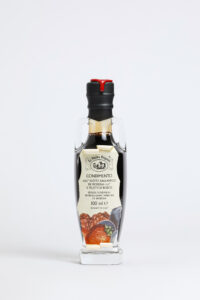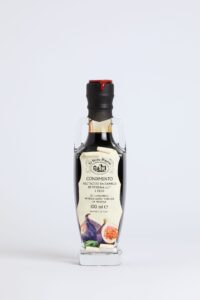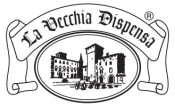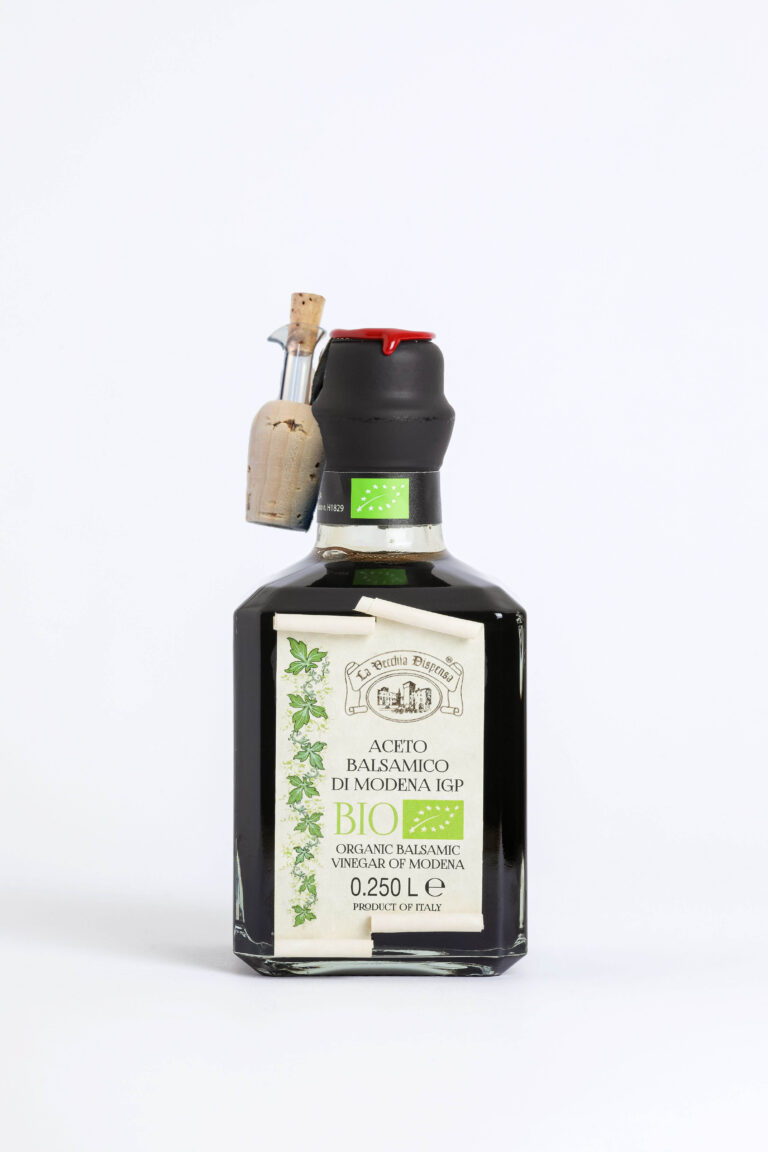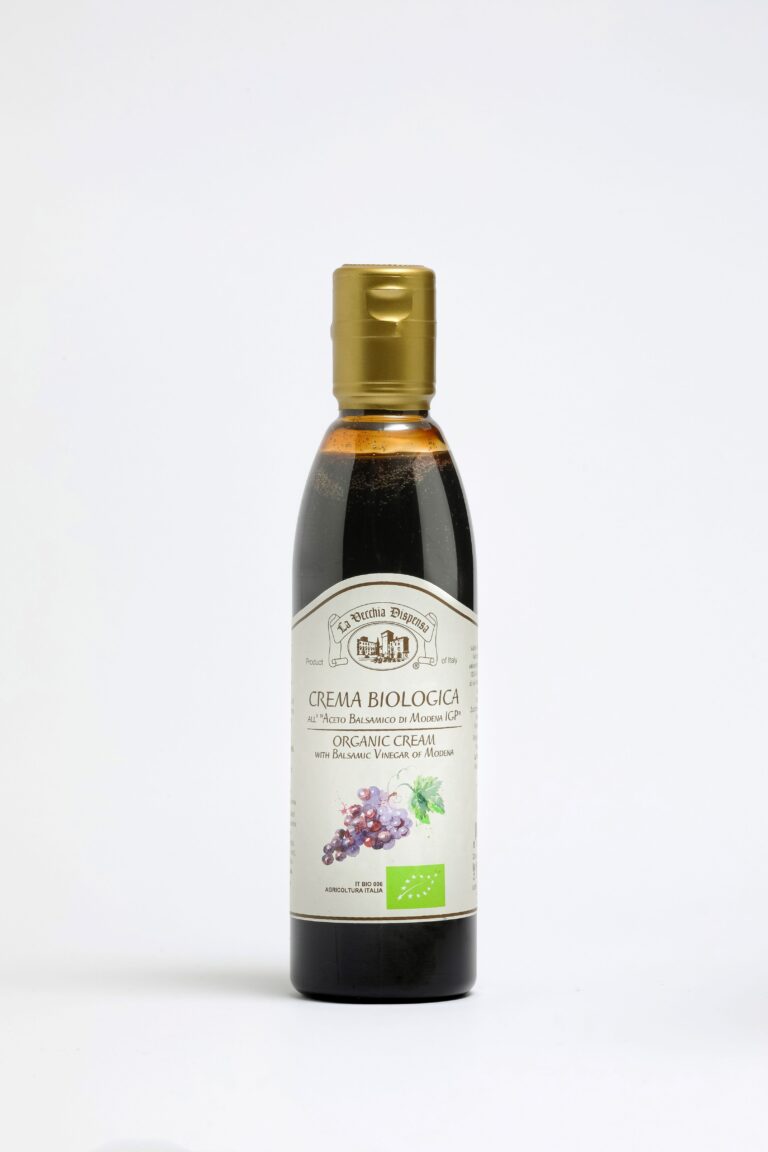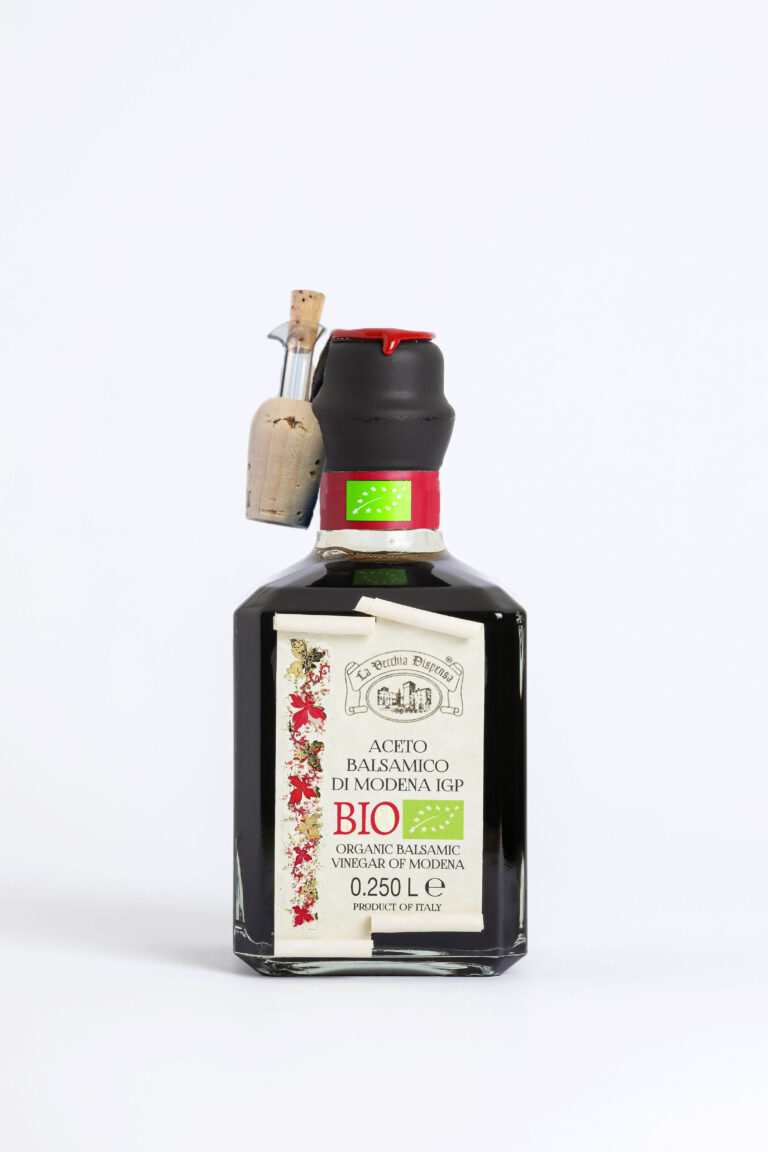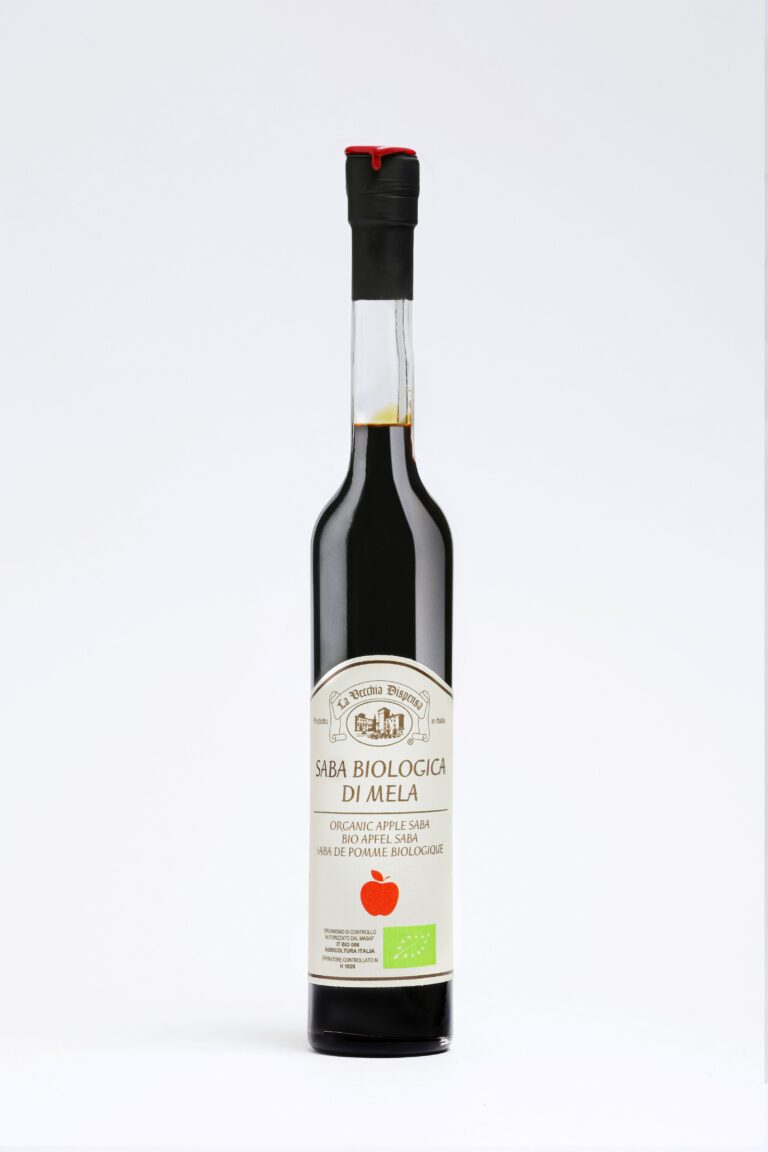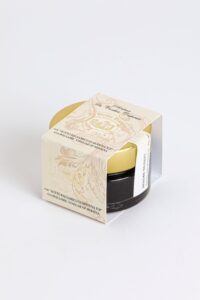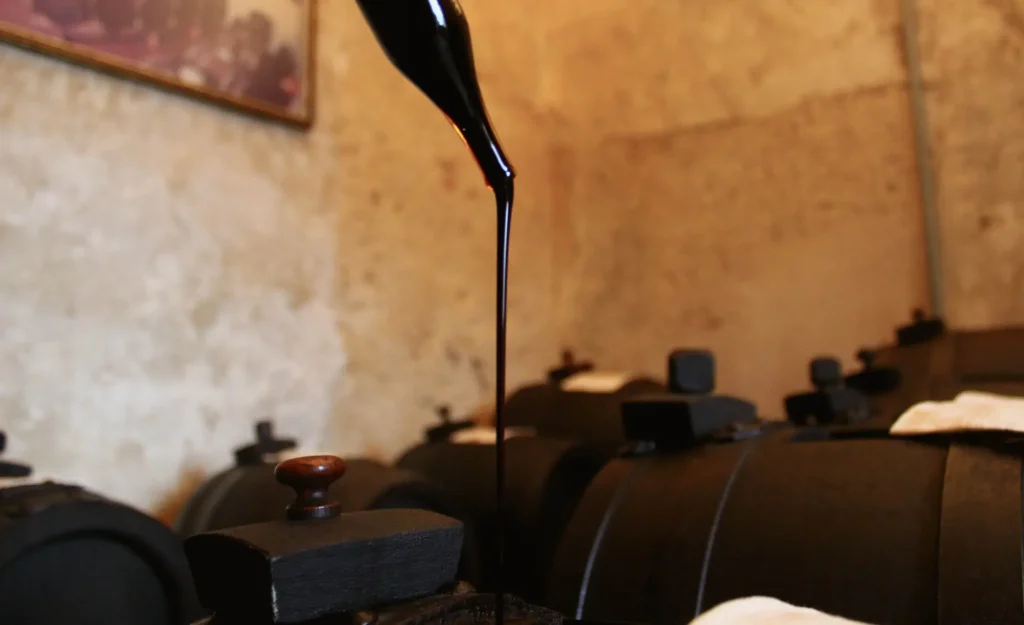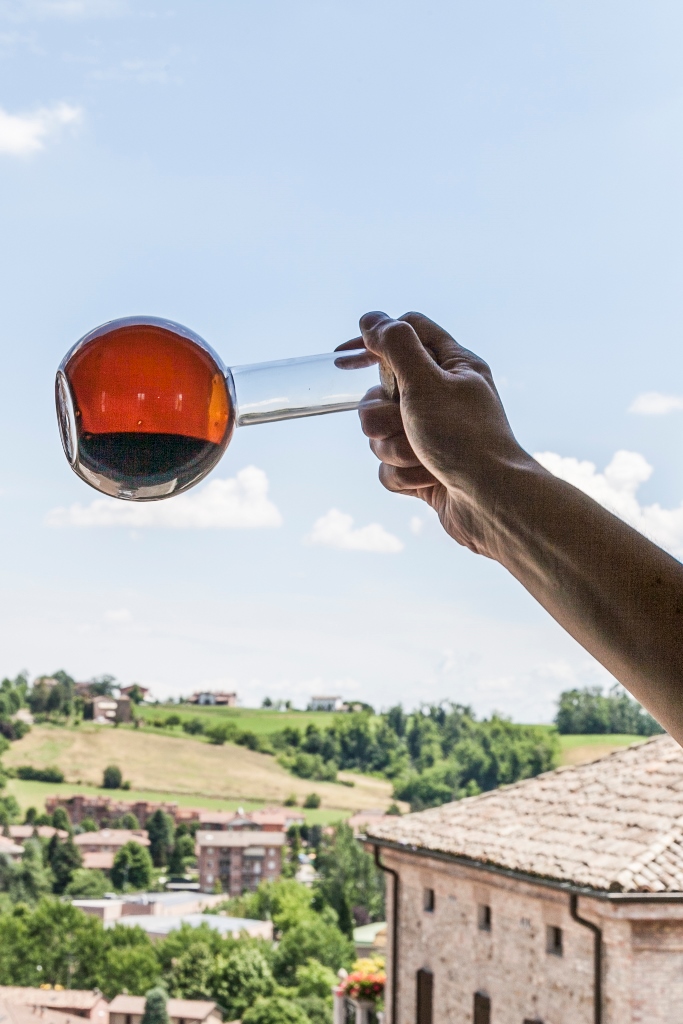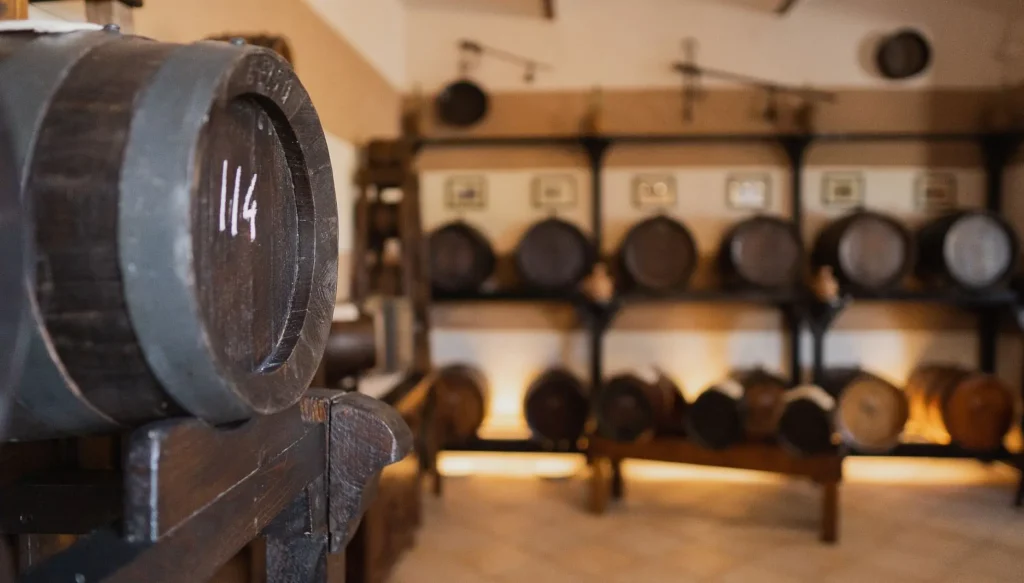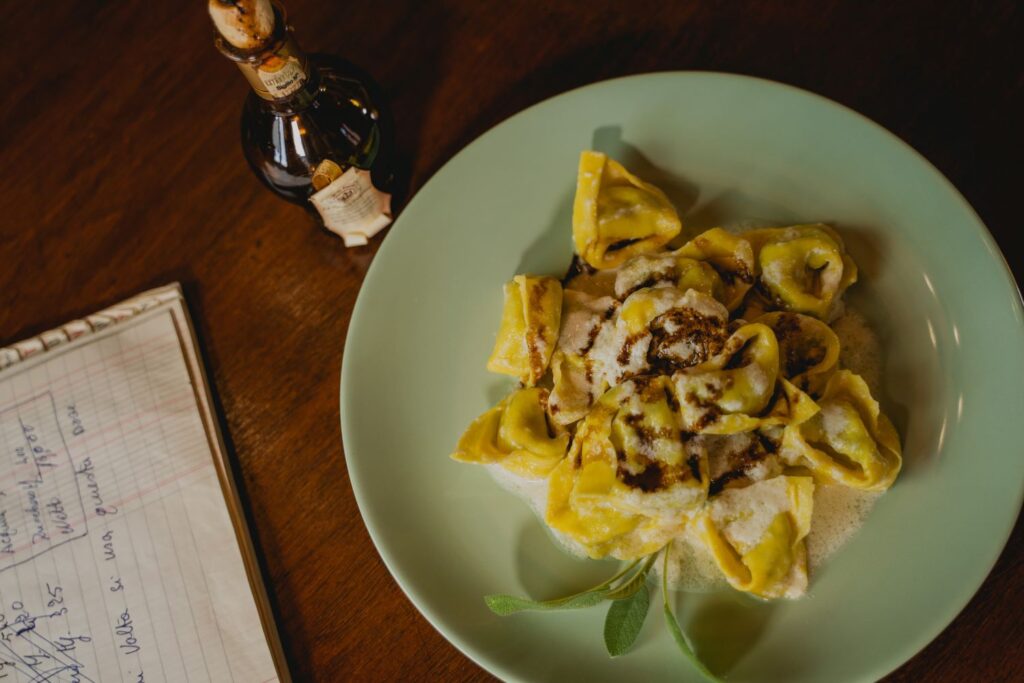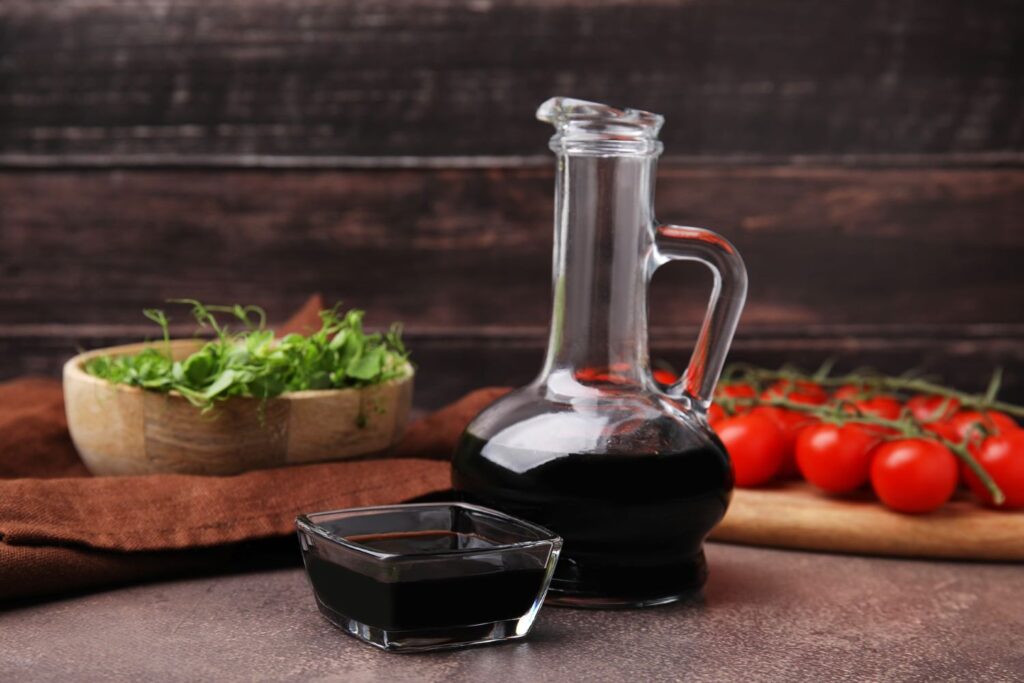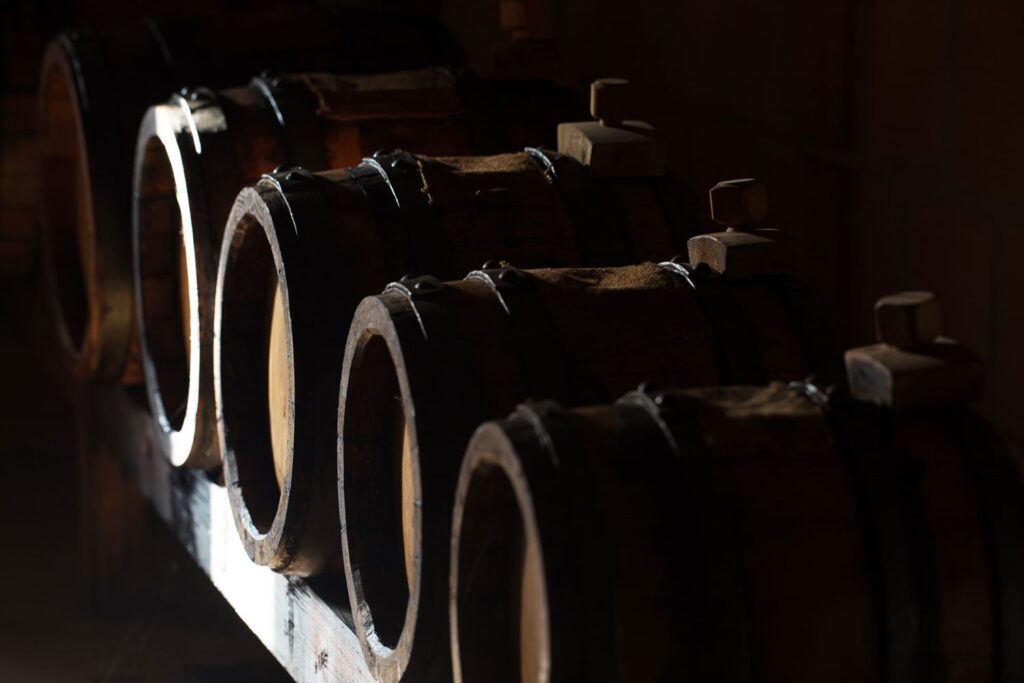Balsamic Vinegar of Modena is one of the most popular condiments all over the world: this is proved by the constantly increasing international export data. On our blog, we have already talked about balsamic vinegar usage in slimming diets, or for individuals intolerant to gluten and lactose, alcohol content of this product etc. Still there is an important topic to discuss: vegetarians and vegans.
For those who follow a vegetarian or a vegan diet, it is highly important to know not only the ingredients list of the products but also their production process. The short answer most of you are looking for is: yes, Balsamic Vinegar of Modena adapts well to vegetarian choices and is suitable for vegans.
Balsamic Vinegar in a Vegetarian and Vegan Diet
Starting from the very beginning, we want to point out that there are two different types of Balsamic Vinegar, that can be clearly identified by the name on the label: Traditional Balsamic Vinegar of Modena PDO and Balsamic Vinegar of Modena PGI. We have already published a practical guide on how to distinguish the two qualities. As regards what may interest a vegetarian and vegan public, we can briefly summarize as follows:
- Traditional Balsamic Vinegar of Modena PDO is obtained only from acetified cooked grape that gets aged for more years in the series of wooden barrels.
- Balsamic Vinegar of Modena PGI is the result of a blend of cooked grape must and wine vinegar, but often among the ingredients of the more commercial products you can also find concentrated grape must and caramel coloring.
As we may see, Traditional Balsamic Vinegar of Modena PDO is suitable for a vegetarian and vegan diet. In fact, PDO contains only and exclusively cooked grape must, so it is easy to understand its adequacy. For the PGI product, there are no particular alarm indicators either. The only one ingredient that could bring some doubts for vegans is caramel. However, this is a common coloring, indicated with the abbreviation E150 (followed by a letter). In this case: E150a is plain caramel, E150b is caustic sulphite caramel, E150c is ammonia caramel, E150d sulphite-ammonia caramel. However, each of these is to be considered suitable for a vegan diet.
Do We Need a Formal “Vegan OK Product” Certification?
Vegan Product certification guarantees that the product or food has been obtained by fully excluding any animal-deriving substance in every phase of its production. Vegan products must be obtained without the use of any raw material and/or substance of animal origin and other farm products. Foods, ingredients, adjuvants and/or manufacturing aids of animal origin obtained with the sacrifice and/or ill-treatment of animals cannot be used. It is a voluntary certification, and therefore not based on the public law as in the case of organic and other certifications in the regulated area (PDO and PGI).
As underlined on its website by the CCPB, a body that certifies organic and eco-sustainable products all over the world, Vegan Certification is still voluntary and not mandatory by law. The bottles of Traditional Balsamic Vinegar of Modena PDO and Balsamic Vinegar of Modena PGI of “La Vecchia Dispensa” that you can find in our online shop are all without this particular certification.
If you wish to purchase a Balsamic Vinegar of Modena more in line with your philosophy of life, scroll through the products in the BIO category of our shop or contact us. We will be happy to provide you with all the information you need to enjoy a good Balsamic Vinegar of Modena.







